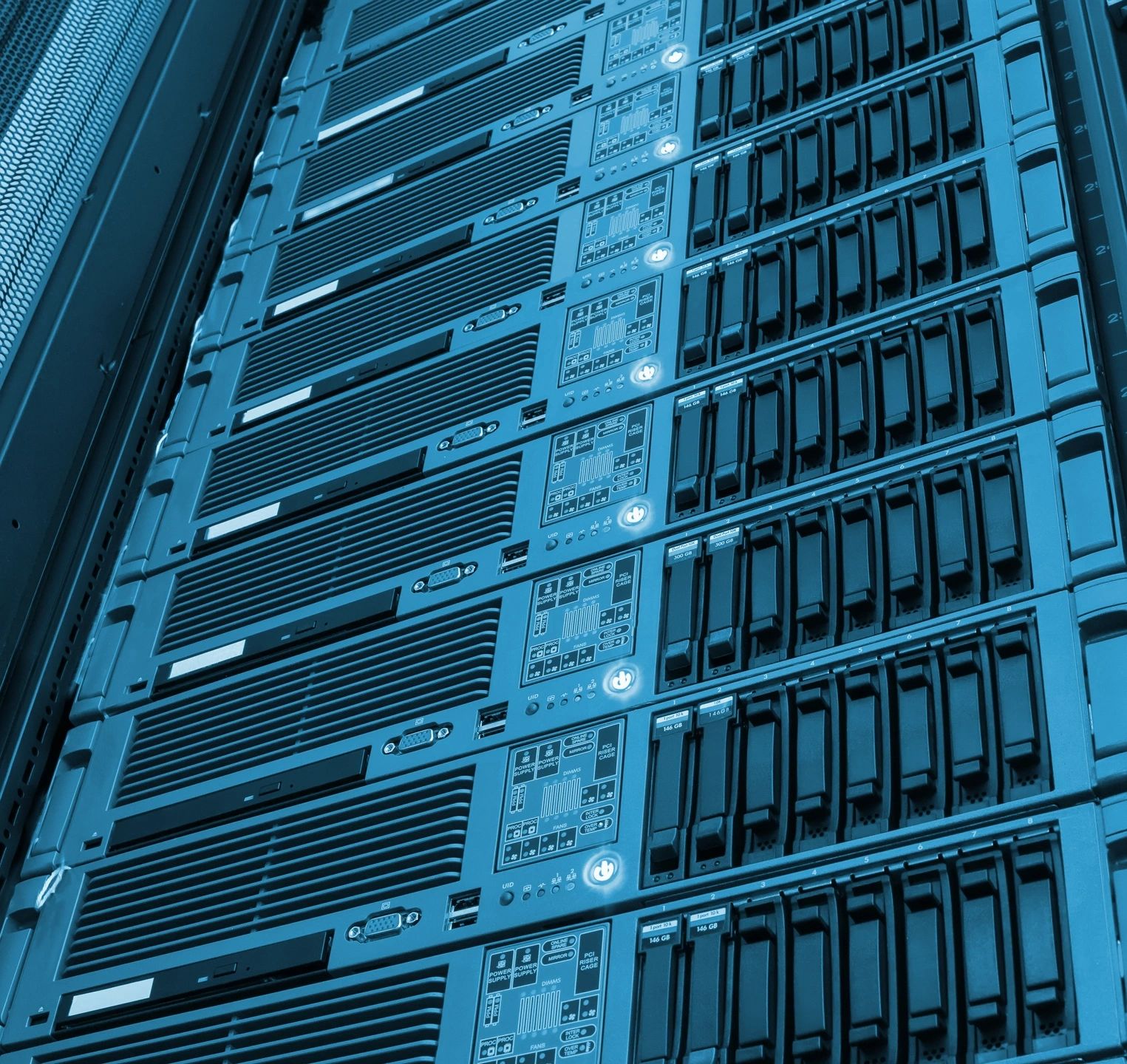[ad_1]
GNU GRUB or the GRand Unified Bootloader is a boot loader package from GNU with the implementation of multi boot specification. This enables a user to install multiple operating system in a single computer and choose the one, which is to be run when the computer starts. GRUB facilitates a rich set of terminal commands that allow a user to view the hard disk partition details, alter partition settings, temporarily re-map the disk order, boot any user-defined configuration file and view the configuration of other boot loaders in GRUB supported file formats. Generally, GRUB errors indicate that the hard drive is suffering from errors and in those cases, if updated backup is not available, Linux data recovery is the only safe option to get your valuable data back.
Taking a real life instance in account, while trying to boot, your Linux base system gave an error and the data saved become inaccessible. The error may read as follows:
Error:
“GRUB Error 17: Cannot mount selected partition” –
Cause:
The above GRUB error message may occur due to following reasons:
If the partition, that has been requested, exists, but the file system type cannot be recognized by GRUB.
The mount point for the booting in the file /etc/fstab is pointing to an incorrect boot device. Note: ‘/etc/fstab’ is the file that lists all the available disks, their partitions and conveys their initialization information when the mount command is used upon the devices.
Some of your LINUX partition is suffering from file system corruption errors. However, GRUB has failed to recognize the error and started booting up that corrupted partition.
Solution:
If the file ‘/etc/fstab’ that usually points to an incorrect boot partition, try to edit it as per the boot device.
Try to run ‘fsck’ command on your boot partition to fix the errors with your file system.
After trying the above measures, if the problem still persists, reformat the partition.
However, formatting will erase all the data from the partition and to restore the same, you need updated backup. If the backup is not available, or due to any reason, it failed to restore the data, Linux file recovery software is the only means that can recover and restore your valuable data into its original state.
These Linux data recovery softwares are risk free with respect to data, as they don’t further damage neither the data nor the storage media.
[ad_2]
Source by Kuldeep Kulmii



